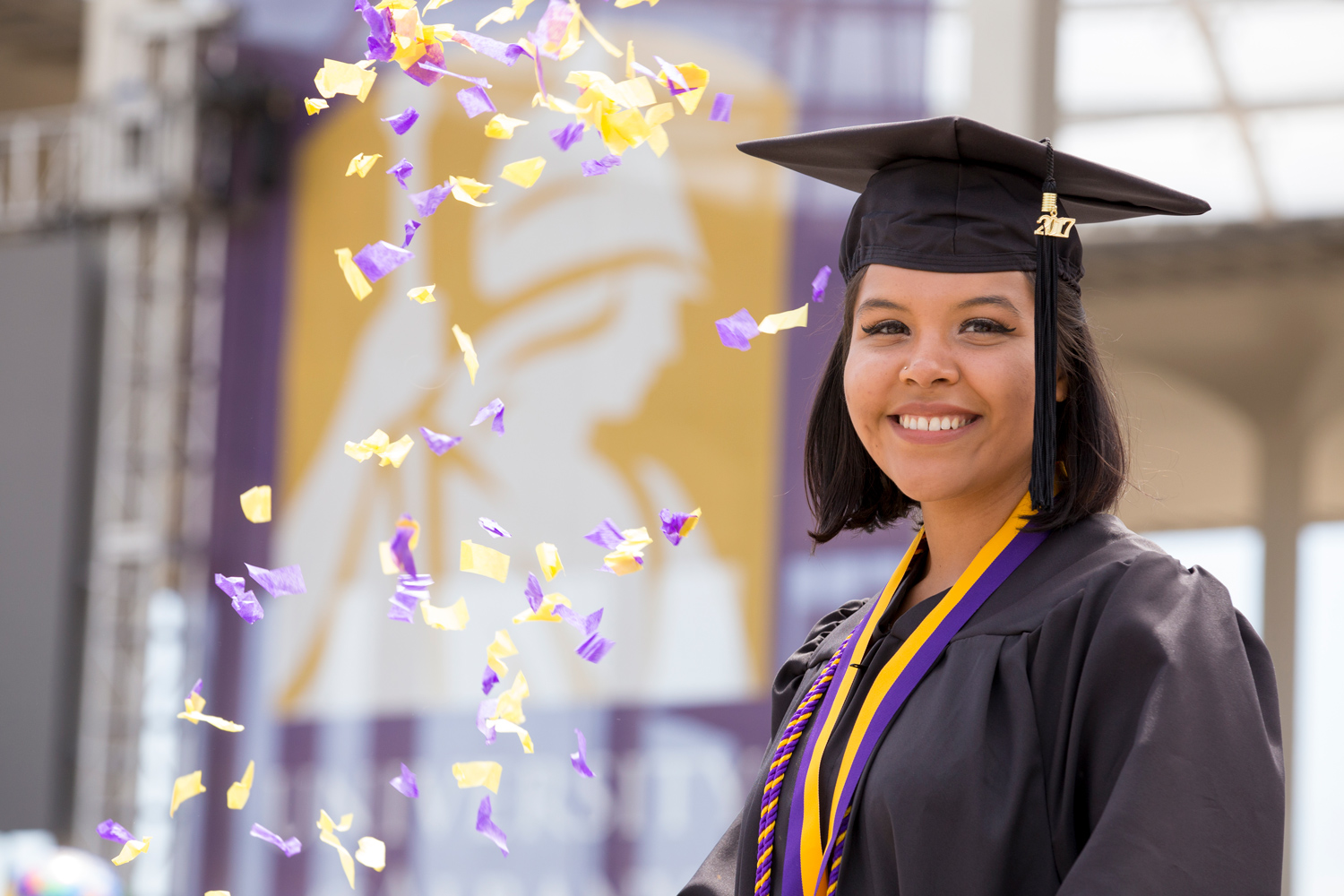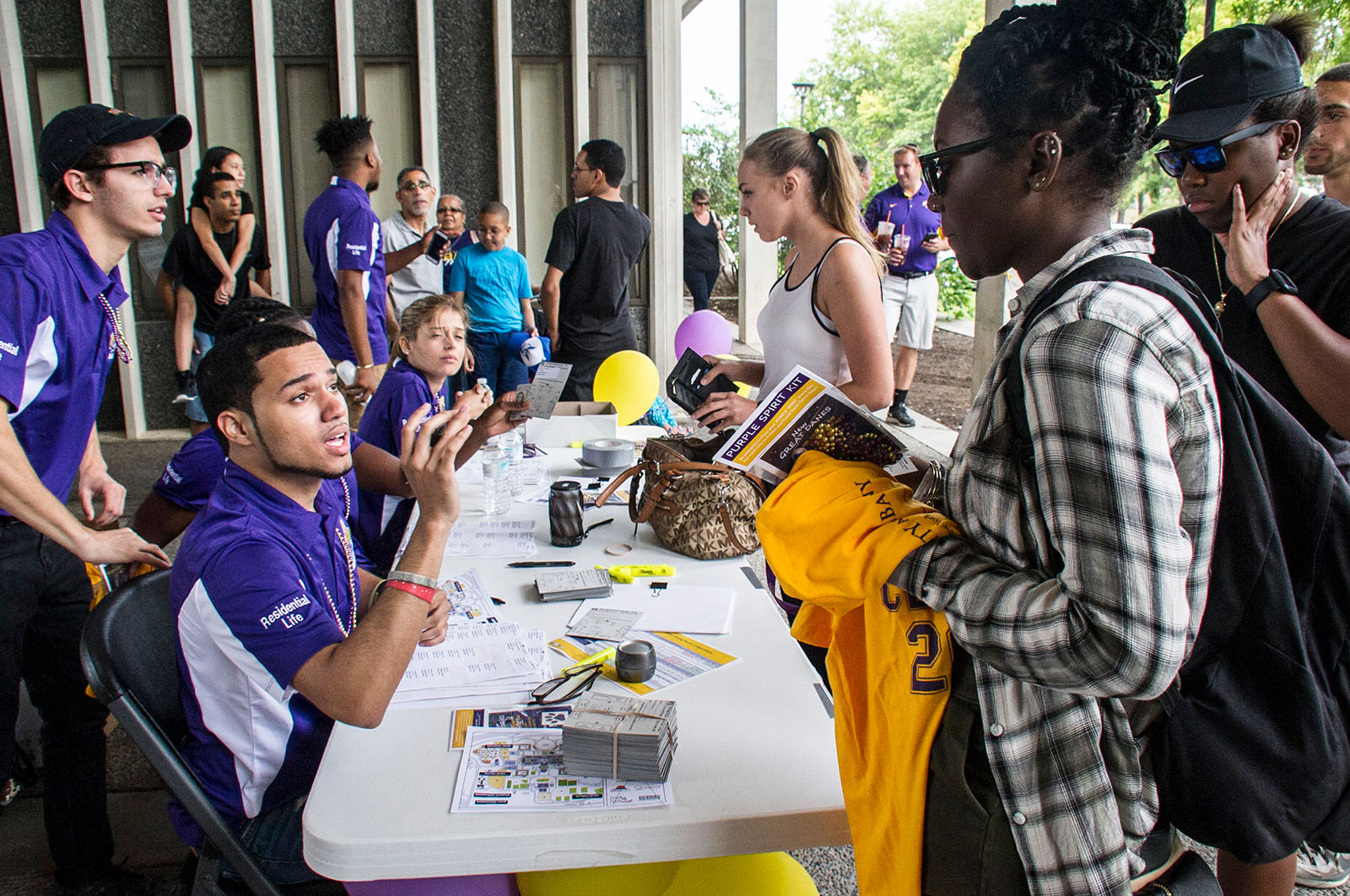Learning objectives that UAlbany students are expected to attain through their course of study within their academic program.
Bachelor of Arts
- Students will demonstrate competence in advanced writing, effective presentation skills, and use of literature in the discipline of psychology
- Student’s will think critically about research in psychology by using basic research methods and analyzing and interpreting data.
- Students will demonstrate knowledge of major concepts, theoretical perspectives and empirical findings in Social Basis of Behavior.
- Students will demonstrate knowledge of major concepts, theoretical perspectives and empirical findings in Clinical/Developmental Approaches in Psychology.
- Students will demonstrate knowledge of major concepts, theoretical perspectives and empirical findings in Cognitive/Behavioral Approaches in Psychology.
- Students will demonstrate knowledge of major concepts, theoretical perspectives and empirical findings in the Biological Basis of Behavior









